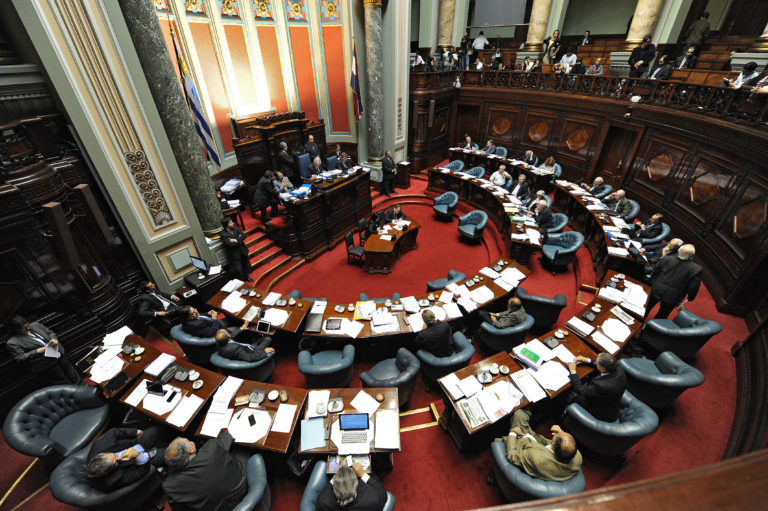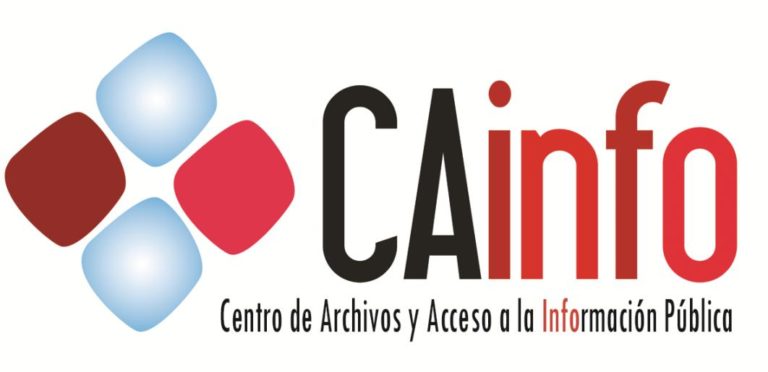(AMARC/IFEX) – In a groundbreaking move for freedom of expression in Latin America, on 14 November 2007 the Uruguayan Senate approved a Community Broadcasting Bill that formally acknowledges the existence of and regulates community radio and television stations. The draft law had previously been approved by the House of Representatives in May. The bill recognises […]
(AMARC/IFEX) – In a groundbreaking move for freedom of expression in Latin America, on 14 November 2007 the Uruguayan Senate approved a Community Broadcasting Bill that formally acknowledges the existence of and regulates community radio and television stations. The draft law had previously been approved by the House of Representatives in May.
The bill recognises the importance of this “third” broadcasting sector alongside the state and private sectors. Further, it stipulates that one third of the AM and FM radio airwaves and television broadband will be reserved for community-based media outlets, thus ensuring greater diversity of media ownership.
This is the first time that transparent and non-discriminatory processes for the allocation of radio and television frequencies have been explicitly laid out in Uruguayan legislation.
The bill calls for the creation of a council made up of government ministers and representatives of the media, public and private universities and freedom of expression organisations. This body will oversee the government’s actions and ensure that the state cannot use the allocation of media frequencies as an indirect form of censorship.
Unlike similar laws in Chile and Brazil which limit the geographic range and signal strength of community media outlets, this legislation does not pose such restrictions. Instead, it states that the range of coverage will depend on the outlet’s purpose and the audience it is trying to reach.
To ensure their continued viability, community media outlets will have the right to obtain financial support through donations, advertising or government grants.
AMARC and other international freedom of expression organizations, such as ARTICLE 19 and Reporters Without Borders, have been closely following this development as it sets a crucial precedent for the region.
The Senate made some amendments to the bill that will have to be approved by the House of Representatives. According to government officials, the law will be passed by the end of the year.


